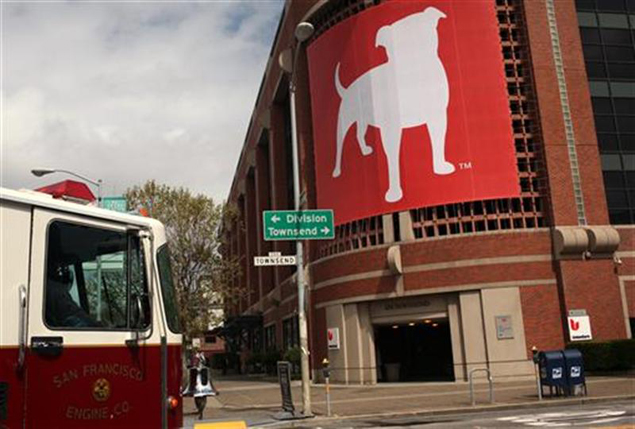
Facebook Inc and Zynga Inc severed the cozy ties that once bound the Internet industry's closest couple, revising a years-old partnership between the two companies.
The two companies reported in regulatory filings on Thursday that they had reached an agreement to amend a deal struck in 2010 that was widely seen as giving Zynga privileged status on the world's No.1 social network.
Zynga stock fell 12 percent to $2.30 in after-hours trading. Facebook shares were off 5 cents at $27.27.
"Zynga's favored nation's status is gone but it seems like it's been slipping away for a while now," said PJ McNealy, CEO of Digital World Research.
The new agreement gives Zynga a freer hand to operate a standalone gaming website, but eliminates the San Francisco game publisher's ability to promote its site on Facebook and to draw users from Facebook's thriving social network of roughly 1 billion users.
Visitors to Zynga's gaming website will no longer be able to tap into their network of Facebook friends or post messages about their gaming progress to Facebook.
Zynga games, like "FarmVille" and "Mafia Wars," will still be available on Facebook's social network, but those games will no longer feature cross-promotions directing users to Zynga's standalone website.
The move underscores the widening gap between the two social networking pioneers, which went public within seven months of each other and have been intimately tied.
In recent quarters, fees from Zynga contributed 15 percent of Facebook's total revenues, while Zynga relies on Facebook for roughly 80 percent of its revenue.
The 2010 agreement provided a variety of ways for Zynga to meet its monthly user growth targets, including guaranteed promotions of certain Zynga games on Facebook.
"Effective on March 31, 2013, certain provisions related to Web and mobile growth targets and schedules will no longer be applicable," said a regulatory filing submitted by Zynga on Thursday.
The changes could benefit Zynga's rivals who have long groused about Zynga receiving preferential treatment.
"There was plenty of speculation Zynga was getting referrals within the Facebook community that other gaming companies weren't getting which helped drive web traffic to Zynga games," said Digital World Research's McNealy.
But he noted that recent changes to Facebook's algorithm appeared to be helping drive more traffic to Zynga competitors such as Electronic Arts and KixEye.
In July, Zynga executives told analysts that the company's revenue had plummeted in the second quarter as Facebook tweaked its algorithms, sending fewer gamers to Zynga titles. Zynga CEO Mark Pincus, at the time, assured Wall Street that Zynga was "working closely with Facebook to optimize the game ecosystem."
Both Internet companies have been trying to reduce their inter-dependence, with Zynga starting up its own Zynga.com platform, and Facebook wooing other games developers.
"We have streamlined our terms with Zynga so that Zynga.com's use of Facebook Platform is governed by the same policies as the rest of the ecosystem," a Facebook spokesman said in a statement. "We will continue to work with Zynga, just as we do with developers of all sizes."
Among the myriad terms of their new agreement, Zynga could elect not to collect revenue for games on its own website by solely using Facebook payment system, in which Facebook takes a 30 percent cut.
The game developer could also choose not to display Facebook's ads on its own site, Zynga.com.
"Wall Street thinks Facebook is booting them off or something bad, but there's no way this is bad," said Michael Pachter, an analyst at Wedbush Securities. "This is at worst neutral and at best good."
The revised agreement also allows Facebook to develop its own games, according to the filing. A person close to Facebook said the company "was not in the business of building games and we have not plans to do so."
© Thomson Reuters 2012

No comments:
Post a Comment